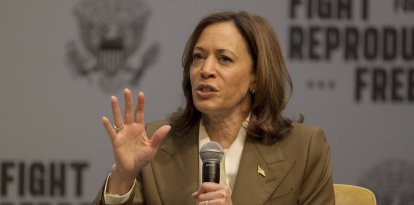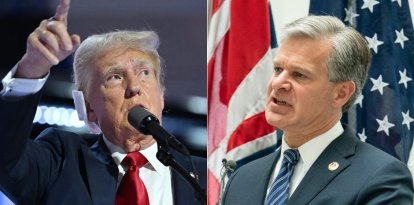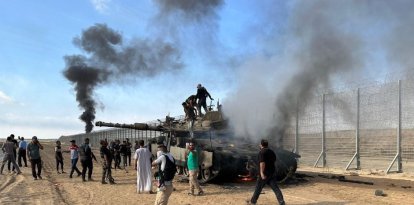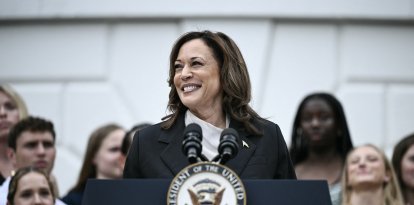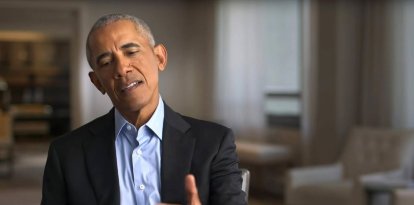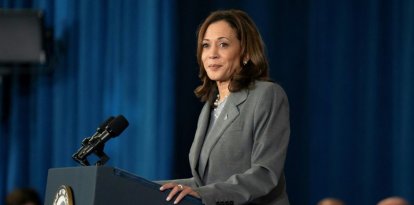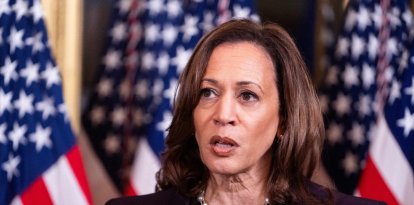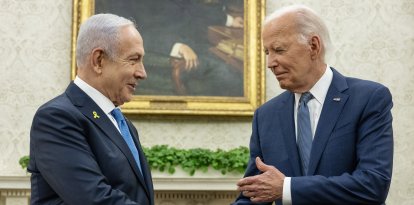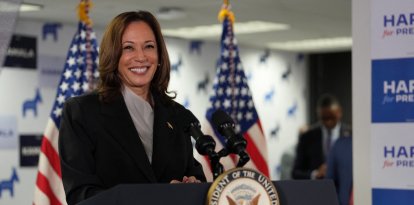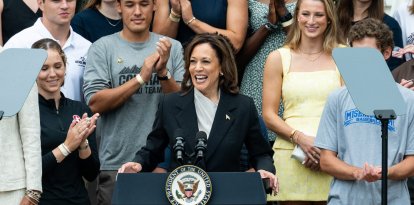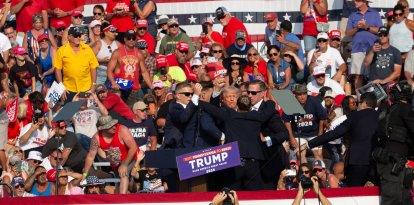Supreme Court hears arguments, will decide if Trump can be removed from the ballot in Colorado
This is one of the most important cases in recent history and has serious implications for democracy.
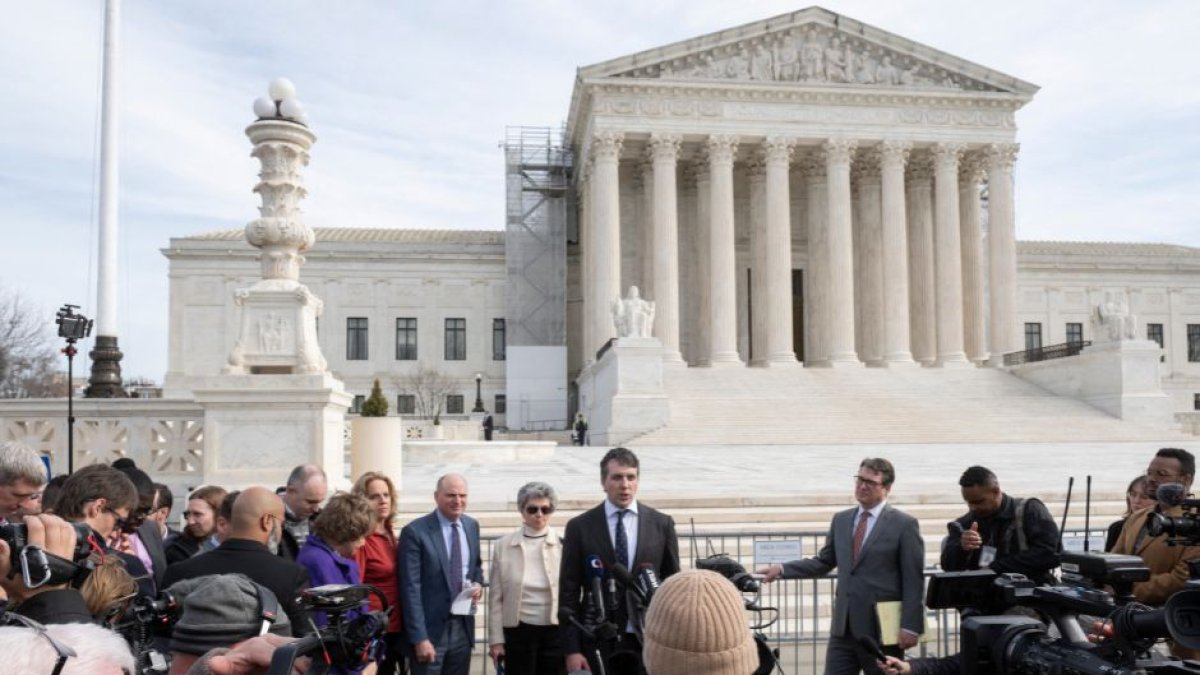
(ROBERTO SCHMIDT / AFP)
For two hours, the Supreme Court justices listened to the arguments for one of the most important cases in recent history. On Thursday, the court heard oral arguments in the case that will decide whether Colorado has the power to exclude Donald Trump from the ballot.
The Colorado Supreme Court decided that the former president should be removed from the ballot on the grounds that he participated in an insurrection on Jan. 6, 2021, and that due to the 14th Amendment he cannot be elected president. Trump appealed this decision to the Supreme Court, which decided to take the case in record time, understanding that it has serious consequences for the country, and that beyond a case about Trump it is about the rights of voters.
Do state courts have the authority to exclude candidates?
"A state cannot exclude any candidate from the ballot under Sec 3 of 14th Amendment," was one of the main arguments from Jonathan Mitchell, former President Trump's lawyer. As expected, most of the arguments on both sides were directed at whether state courts can unilaterally declare a candidate ineligible, or whether this matter falls within the jurisdiction of Congress.
Justice Elena Kagan stated: "The question you have to confront is why one state should decide who gets to be president of the United States."
On this, Justice Brett Kavanaugh stated that an 1869 decision, known as "the Griffin case," determined that an act of Congress is necessary to enforce the 14th Amendment ban.
"These are difficult questions, and you look right at Section 5 of the 14th Amendment ... and that tells you Congress has the primary role here."
Meanwhile, Judge Clarence Thomas asked the lawyer for Colorado voters if there was any precedent for a state to prevent a presidential candidate from running. “I understand states controlling state positions, what we are talking about here are national elections,” Thomas said.
A decision with national consequences
Another of the main topics was related to the possible consequences of a state, in this case Colorado, excluding a candidate from the ballot. This Supreme Court decision will have national repercussions because if the court does not reverse the Colorado decision, more states will surely attempt to unilaterally decide whether to allow candidates to participate.
In this regard, John Roberts, chief justice of the Supreme Court, asked the lawyer for Colorado voters:
"Counsel, what do you do with the, what seem to me to be the plain consequences of your position? ... If Colorado's position is upheld, surely there will be disqualification proceedings on the other side, and some of those will succeed I would expect that a goodly number of states will say, whomever the Democratic candidate is, you're off the ballot."
SCOTUS will not decide whether an insurrection occurred
Although, as expected, the arguments did not focus on whether an insurrection actually occurred, but on who should determine the matter, under what process and what the consequences are. There was an interaction between Judge Ketanji Brown Jackson and Mitchell in which Trump's attorney stated that an insurrection did not occur.
Judge Jackson: "So, your point is that a chaotic effort to overthrow the government is not an insurrection?"
Jonathan Mitchell: "We didn't conceded that it's an effort to overthrow the government either... this was a a riot. It was not an insurrection."
High probability that the Supreme Court will reverse the decision
During the more than two hours that the arguments lasted, it seemed clear that the judges are skeptical that, per the Constitution, a state has the authority to eliminate a presidential candidate from the ballot by resorting to the Section 3 of the 14th Amendment.
Judge Kavanaugh's intervention was clear on the matter "When you look at Section 3 the term insurrection jumps out ... And the questions are, what does that mean? How do you define it? Who decides? Who decides whether someone engaged in it?"
Even liberal judges were skeptical about the Colorado court's decision, with Judge Ketanji Brown Jackson questioning that Section 3 referred to a presidential candidate.
"Why didn't they put the word president in the very enumerated list in Section 3? ... The thing that really is troubling to me is I totally understand your argument, but they were listing people that were barred and president is not there. And so I guess that just makes me worry that maybe they weren't focusing on the president."
The chances are high that the Supreme Court will decide soon, potentially unanimously, to reverse the Colorado Court's decision. Although the judges are not going to discuss whether an insurrection occurred on Jan. 6, a matter on which they possibly have differences of opinion, the final decision, and what the judges will agree on, is that a state does not have the authority to unilaterally eliminate a candidate from the presidential ballot, much less when that candidate has not been found guilty of insurrection nor had due process in this regard.













